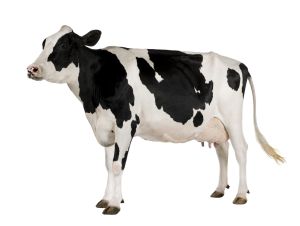BeefBeef muscle meat can be cut into steak, roasts or short ribs. Some cuts are processed, and trimmings, usually mixed with meat from older, leaner cattle, are ground, minced or used in sausages. The blood is used in some varieties of blood sausage.
Beef is the third most widely consumed meat in the world, accounting for about 25% of meat production worldwide, after pork and poultry at 38% and 30% respectively.
The world's largest exporters of beef are Brazil, India, Australia and the United States in that order. Beef production is also important to the economies of Uruguay, Canada, Paraguay, Mexico, Argentina, Belarus and Nicaragua.
 Methods of Cooking Beef:
Methods of Cooking Beef:There are two methods for cooking meat:
dry heat and wet heat.
Dry heat methods including grilling, broiling, sauteing, roasting, stir frying, and deep frying.
Wet heat includes braising, pot roasting, stewing, steaming, poaching, and slow cooking. Mostly beef are cooked by the dry heat methods, along with pot roasting, stewing, and slow cooking.
Health Benefits of Eating Beef:
Lean beef is a very good source of protein, providing 64.1% of the daily value of the nutrient, in just 4 ounces.
It serves as a good source of vitamin B12 and vitamin B6, needed by the body to convert the potentially dangerous chemical homocysteine to benign molecules.
Diets high in vitamin B12-rich foods, but low in fat are associated with a reduced risk of colon cancer.
Organic beef is a good source of selenium and zinc. The selenium present in lean beef is needed for the proper function of glutathione peroxidase, an antioxidant that reduces the severity of inflammatory conditions like asthma and rheumatoid arthritis.
Lean beef is a good source of zinc, which is helpful for preventing the damage to blood vessel walls, which can contribute to atherosclerosis and is also needed for the proper functioning of immune system.
Grass-fed beef is higher in Omega-3 fatty acids, which have been found to reduce risk of heart disease. It does not raise total blood cholesterol and LDL-cholesterol levels as well.
3-ounce serving of lean beef is an excellent source of protein, zinc, and B-complex vitamins.Protein helps in building a strong and muscular body, while zinc helps create a healthy immune system and heal wounds.
Beef is rich in phosphorous and iron. Phosphorous is necessary for strong teeth and bones and Iron helps carry oxygen in the blood, to all cells and muscles and prevents fatigue.
Read More at
Wikipedia
